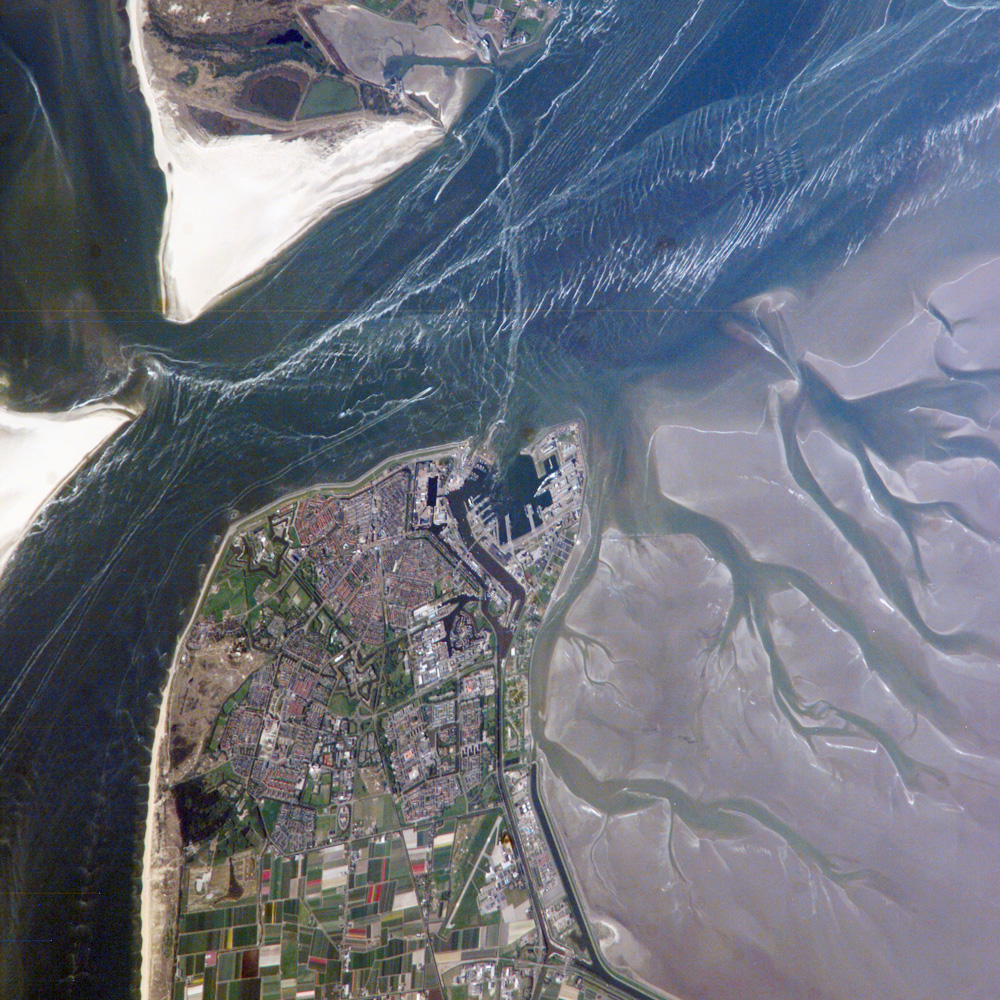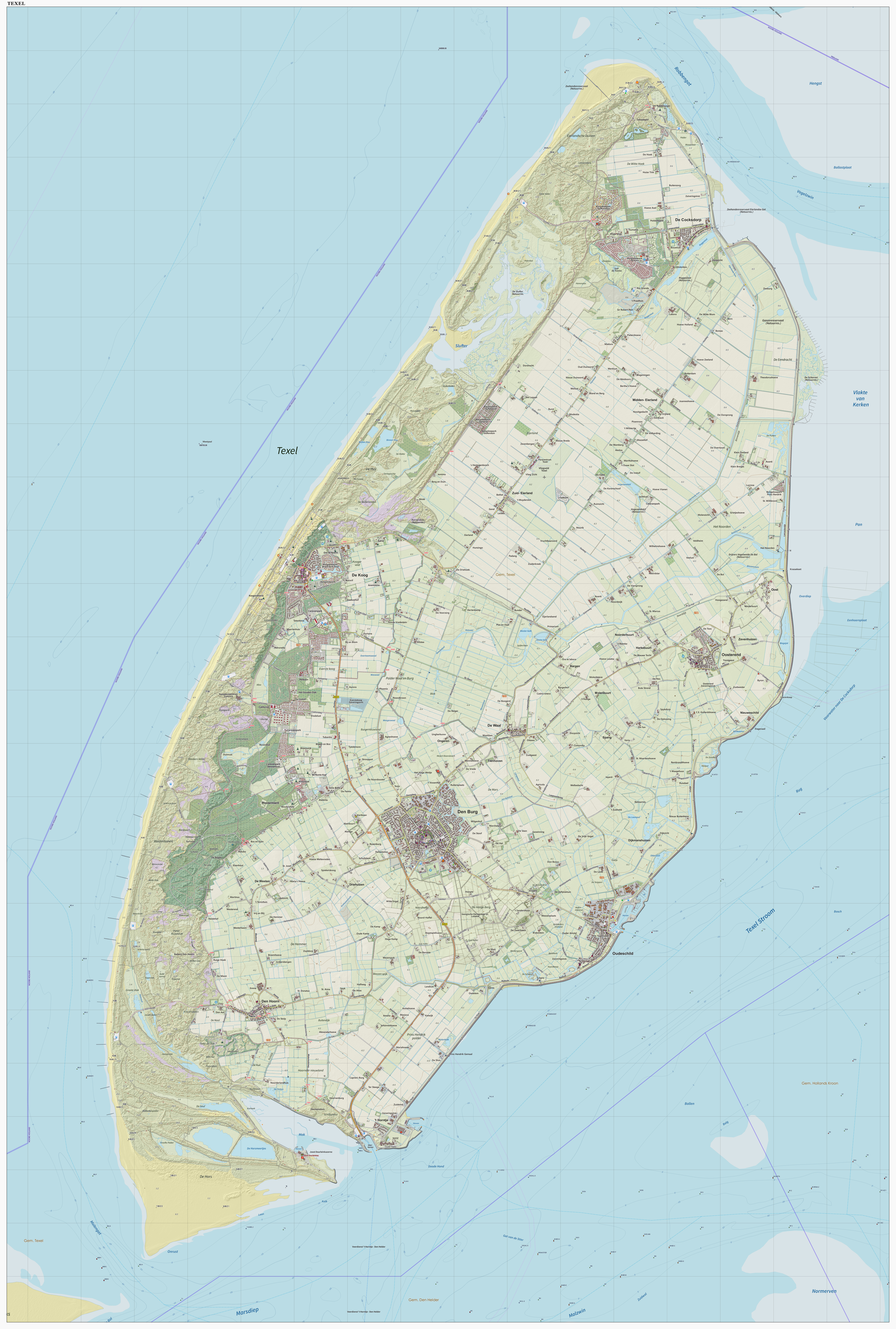|
HMS Fittleton (M1136)
HMS ''Fittleton'', originally named HMS ''Curzon'', was a wooden-hulled of the Royal Navy which spent most of her career in the Royal Naval Reserve. She was sunk in a collision with HMS ''Mermaid'' on 20 September 1976 whilst en route to Hamburg for an official visit. Twelve naval service personnel (eleven from the Royal Naval Reserve along with one from the Royal Navy) lost their lives, making this the worst peacetime accident involving the Royal Naval Reserve. History The ship ran aground at the entrance to Shoreham harbour, West Sussex on 25 May 1954, but she was refloated the next day. ''Curzon'' was part of the Reserve Fleet based at Hythe from 1955 until 1959. In March 1959 she had her Mirrlees engines replaced with Napier Deltic engines at Portsmouth, prior to being commissioned into the Royal Naval Reserve as HMS ''Curzon'' on 16 November 1960. She replaced HMS ''Bickington'' and docked at Maxwell's Wharf, Shoreham, home of Sussex Division RNR. She was refitted in ... [...More Info...] [...Related Items...] OR: [Wikipedia] [Google] [Baidu] |
Fittleton
__NOTOC__ Fittleton cum Haxton is a civil parish in Wiltshire, England, north of Salisbury. The parish contains the adjacent settlements of Fittleton and Haxton, which lie on the east bank of the River Avon opposite the village and parish of Netheravon. History Several bowl barrows are evidence of prehistoric activity in the area. On Coombe Down, a site partly within the parish was occupied in the early Iron Age, became a Romano-British settlement, and was the site of a house in the fifth or sixth century. The Domesday Book of 1086 recorded a settlement of 24 households at ''Vitelstone''. Later, Fittleton and Haxton were tithings of the parish, with populations of similar size. The Manor House at Fittleton is a two-storey, five-bay house from the late 17th or early 18th century. Its stable block is from the 16th and 18th centuries, with timber framing on the north side, under a thatched roof. Much of the downland in the parish was bought by the War Office around 1898 for mi ... [...More Info...] [...Related Items...] OR: [Wikipedia] [Google] [Baidu] |
Maritime Incidents In 1954
Maritime may refer to: Geography * Maritime Alps, a mountain range in the southwestern part of the Alps * Maritime Region, a region in Togo * Maritime Southeast Asia * The Maritimes, the Canadian provinces of Nova Scotia, New Brunswick, and Prince Edward Island * Maritime County, former county of Poland, existing from 1927 to 1939, and from 1945 to 1951 * Neustadt District, Reichsgau Danzig-West Prussia, known from 1939 to 1942 as ''Maritime District'', a former district of Reichsgau Danzig-West Prussia, Nazi Germany, from 1939 to 1945 * The Maritime Republics, thalassocratic city-states on the Italian peninsula during the Middle Ages Museums * Maritime Museum (Belize) * Maritime Museum (Macau), China * Maritime Museum (Malaysia) * Maritime Museum (Stockholm), Sweden Music * ''Maritime'' (album), a 2005 album by Minotaur Shock * Maritime (band), an American indie pop group * "The Maritimes" (song), a song on the 2005 album ''Boy-Cott-In the Industry'' by Classified * "Maritime" ... [...More Info...] [...Related Items...] OR: [Wikipedia] [Google] [Baidu] |
Cold War Minesweepers Of The United Kingdom
Cold is the presence of low temperature, especially in the atmosphere. In common usage, cold is often a subjective perception. A lower bound to temperature is absolute zero, defined as 0.00K on the Kelvin scale, an absolute thermodynamic temperature scale. This corresponds to on the Celsius scale, on the Fahrenheit scale, and on the Rankine scale. Since temperature relates to the thermal energy held by an object or a sample of matter, which is the kinetic energy of the random motion of the particle constituents of matter, an object will have less thermal energy when it is colder and more when it is hotter. If it were possible to cool a system to absolute zero, all motion of the particles in a sample of matter would cease and they would be at complete rest in the classical sense. The object could be described as having zero thermal energy. Microscopically in the description of quantum mechanics, however, matter still has zero-point energy even at absolute zero, because ... [...More Info...] [...Related Items...] OR: [Wikipedia] [Google] [Baidu] |
1954 Ships
Events January * January 1 – The Soviet Union ceases to demand war reparations from West Germany. * January 3 – The Italian broadcaster RAI officially begins transmitting. * January 7 – Georgetown-IBM experiment: The first public demonstration of a machine translation system is held in New York, at the head office of IBM. * January 10 – BOAC Flight 781, a de Havilland Comet jet plane, disintegrates in mid-air due to metal fatigue, and crashes in the Mediterranean near Elba; all 35 people on board are killed. * January 12 – 1954 Blons avalanches, Avalanches in Austria kill more than 200. * January 15 – Mau Mau rebellion, Mau Mau leader Waruhiu Itote is captured in Kenya. * January 17 – In Socialist Federal Republic of Yugoslavia, Yugoslavia, Milovan Đilas, one of the leading members of the League of Communists of Yugoslavia, is relieved of his duties. * January 20 – The US-based National Negro Network is established, with 46 m ... [...More Info...] [...Related Items...] OR: [Wikipedia] [Google] [Baidu] |
Ships Built In Southampton
A ship is a large watercraft that travels the world's oceans and other sufficiently deep waterways, carrying cargo or passengers, or in support of specialized missions, such as defense, research, and fishing. Ships are generally distinguished from boats, based on size, shape, load capacity, and purpose. Ships have supported exploration, trade, warfare, migration, colonization, and science. After the 15th century, new crops that had come from and to the Americas via the European seafarers significantly contributed to world population growth. Ship transport is responsible for the largest portion of world commerce. The word ''ship'' has meant, depending on the era and the context, either just a large vessel or specifically a ship-rigged sailing ship with three or more masts, each of which is square-rigged. As of 2016, there were more than 49,000 merchant ships, totaling almost 1.8 billion dead weight tons. Of these 28% were oil tankers, 43% were bulk carriers, and 13% were con ... [...More Info...] [...Related Items...] OR: [Wikipedia] [Google] [Baidu] |
Wiltshire
Wiltshire (; abbreviated Wilts) is a historic and ceremonial county in South West England with an area of . It is landlocked and borders the counties of Dorset to the southwest, Somerset to the west, Hampshire to the southeast, Gloucestershire to the north, Oxfordshire to the northeast and Berkshire to the east. The county town was originally Wilton, after which the county is named, but Wiltshire Council is now based in the county town of Trowbridge. Within the county's boundary are two unitary authority areas, Wiltshire and Swindon, governed respectively by Wiltshire Council and Swindon Borough Council. Wiltshire is characterised by its high downland and wide valleys. Salisbury Plain is noted for being the location of the Stonehenge and Avebury stone circles (which together are a UNESCO Cultural and World Heritage site) and other ancient landmarks, and as a training area for the British Army. The city of Salisbury is notable for its medieval cathedral. Swindon is the ... [...More Info...] [...Related Items...] OR: [Wikipedia] [Google] [Baidu] |
Thirty-year Rule
The "thirty-year rule" is the informal name given to laws in the United Kingdom, the Republic of Ireland, and the Commonwealth of Australia that provide that certain government documents will be released publicly thirty years after they were created. Some other countries' national archives also adhere to a thirty-year rule for the release of government documents. United Kingdom In the United Kingdom, the Public Records Act 1958 stated that: The closure period was reduced from fifty to thirty years by an amending act of 1967, passed during Harold Wilson's government. Among those who had repeatedly urged the scrapping of the fifty-year rule was the historian A. J. P. Taylor. There were two elements to the rule: the first required that records be transferred from government departments to the Public Record Office (now The National Archives) after thirty years unless specific exemptions were given (by the Lord Chancellor's Advisory Council on Public Records); the second that t ... [...More Info...] [...Related Items...] OR: [Wikipedia] [Google] [Baidu] |
Royal Malaysian Navy
The Royal Malaysian Navy (RMN, ms, Tentera Laut Diraja Malaysia; TLDM; Jawi: ) is the naval arm of the Malaysian Armed Forces. RMN is the main agency responsible for the country's maritime surveillance and defense operations. RMN's area of operation consists of 603,210 square kilometers covering the country's coastal areas and Exclusive Economic Zones (EEZ). RMN also bears the responsibility of controlling the country's main Sea Lines of Communications (SLOC) such as the Straits of Malacca and the Straits of Singapore and also monitors national interests in areas with overlapping claims such as in Spratly. History Straits Settlement Royal Naval Volunteer Reserve The Royal Malaysian Navy can trace its roots to the formation of the Straits Settlement Royal Naval Volunteer Reserve (SSRNVR) in Singapore on 27 April 1934 by the British colonial government in Singapore. The SSRNVR was formed to assist the Royal Navy in the defence of Singapore, upon which the defence of the ... [...More Info...] [...Related Items...] OR: [Wikipedia] [Google] [Baidu] |
Den Helder
Den Helder () is a municipality and a city in the Netherlands, in the province of North Holland. Den Helder occupies the northernmost point of the North Holland peninsula. It is home to the country's main naval base. From here the Royal TESO ferryboat service operates the transportation link between Den Helder and the nearby Dutch Wadden island of Texel to the north. Etymology Before the year 1928 the official name of Den Helder was Helder. The origin of the name Helder is not entirely clear. The name Helder may have come from ''Helle/Helde'', which means "hill" or "hilly grounds", or from ''Helre'', which means a sandy ridge. Another explanation is that the name derived from ''Helsdeur'' (Hell's Door), likely because in the water between Den Helder and Texel (called Marsdiep) the current was so strong that many ships were lost. History Huisduinen was the original older part of the city, whereas Helder itself was a nearby smaller hamlet. When a harbour was built near Hel ... [...More Info...] [...Related Items...] OR: [Wikipedia] [Google] [Baidu] |
Texel
Texel (; Texels dialect: ) is a municipality and an island with a population of 13,643 in North Holland, Netherlands. It is the largest and most populated island of the West Frisian Islands in the Wadden Sea. The island is situated north of Den Helder, northeast of Noorderhaaks, and southwest of Vlieland. Name The name ''Texel'' is Frisian, but because of historical sound-changes in Dutch, where all -x- sounds have been replaced with -s- sounds (compare for instance English ''fox'', Frisian ''fokse'', German ''Fuchs'' with Dutch ''vos''), the name is typically pronounced ''Tessel'' in Dutch. History The All Saints' Flood (1170) created the islands of Texel and Wieringen from North Holland. In the 13th century Ada, Countess of Holland was held prisoner on Texel by her uncle, William I, Count of Holland. Texel received city rights in 1415. The first Dutch expedition to the Northwest Passage departed from the island on the 5th of June, 1594. Texel was involved in the Battl ... [...More Info...] [...Related Items...] OR: [Wikipedia] [Google] [Baidu] |





